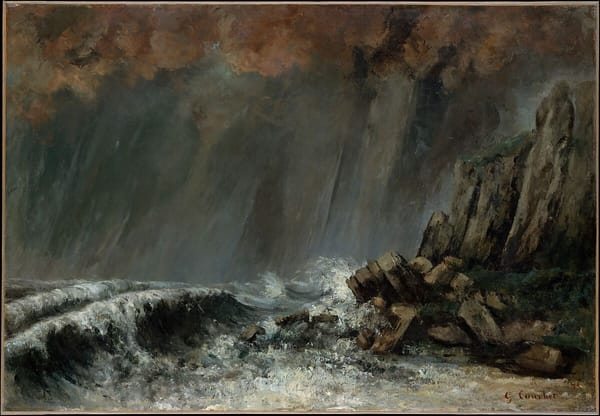Wittgenstein and Sacks
A simple life, a good one
We venture next door to the Science Museum, in the vast interior vault of which we are immediately confronted by huge engines. “Wittgenstein loved it here, as did Auden. Wittgenstein could think of no afternoon more pleasant than one spent fixing a friend’s toilet.”
Before biology, Oliver had loved chemistry and optics. “I love the brass and gold and old nineteenth-century apparatus. I hate plastic and twentieth-century apparatus. (View Highlight)
Find Philosophy Through Living
Or risk one being chose for you by others 202301032330
Wittgenstein’s philosophical approach was a severely scientific one, but his morality was existential. A good life is based not on objective grounds but on radically subjective decisions. It cannot be meaningfully said what a good life consists of; it must show itself in real, everyday execution. (Location 628)
Wittgenstein, despite being considered an analytical philosopher, has been quoted extensively by neurologists like Oliver Sacks (View Highlight)
He did not engage in empirical science, nor obtain data in any conventional sense. But his genius was not confined to abstract philosophy. His powers of observation and introspection led him to explore lived experience in new ways, some of which are only now being approached empirically. (View Highlight)
The Separation of Church and State (Knowledge)
Understand: we live in the world of a sad separation that began some five hundred years ago when art and science split apart. Scientists and technicians live in their own world, focusing mostly on the “how” of things. Others live in the world of appearances, using these things but not really understanding how they function. Just before this split occurred, it was the ideal of the Renaissance to combine these two forms of knowledge. This is why the work of Leonardo da Vinci continues to fascinate us, and why the Renaissance remains an ideal. This more rounded knowledge is in fact the way of the future, especially now that so much more information is available to all of us. As Calatrava intuited, this should be a part of our apprenticeship. We must make ourselves study as deeply as possible the technology we use, the functioning of the group we work in, the economics of our field, its lifeblood. We must constantly ask the questions—how do things work, how do decisions get made, how does the group interact? Rounding our knowledge in this way will give us a deeper feel for reality and the heightened power to alter it. (Location 1824)
Dude Basically Cringed at His Own Work
which happened to be one of the most widely regarded pieces of philosophy from the 20th century
His philosophy is often divided into an early period, exemplified by the Tractatus, and a later period, articulated primarily in the Philosophical Investigations.26(https://en.wikipedia.org/wiki/Ludwig_Wittgenstein#cite_note-28) The "early Wittgenstein" was concerned with the logical relationship between propositions and the world, and he believed that by providing an account of the logic underlying this relationship, he had solved all philosophical problems. The "later Wittgenstein", however, rejected many of the assumptions of the Tractatus, arguing that the meaning of words is best understood as their use within a given language game (View Highlight)




